Search
Search within
1447 results found
Briefing
Sierra Leone: Gift giving during initial community consultations
This brief summarises appropriate gift giving during initial community consultations in Sierra Leone. It is intended to provide an overview of good practices to support UNICEF, the WHO and other agencies as they interact with Paramount Chiefs prior the implementation…
Research paper
Social Pathways for Ebola Virus Disease in Rural Sierra Leone, and some Implications for Containment
The current outbreak of Ebola Virus Disease in Upper West Africa is the largest ever recorded. Molecular evidence suggests spread has been almost exclusively through human-to-human contact. Social factors are thus clearly important to understand the epidemic and ways in…
Field notes
Summary of Discussions of the Ethics Working Group on Ethical issues related to study design for trials on therapeutics for Ebola Virus Disease
The first round of trials on novel therapeutics for Ebola are set to begin imminently. Members of the Ebola Response Anthropology Platform, Ann Kelly and Clare Chandler, represented the Platform by participating in the WHO Ethics Working Group meetings in…
Briefing
The AAA/Wenner-Gren Ebola Emergency Response Workshop
As of November 4, 2014, the current Ebola outbreak in West Africa is confirmed to have infected 13,268 individuals, with 4,960 total deaths estimated. The global Ebola response is evolving rapidly, and as it has evolved, it has become increasingly apparent…
Research paper
Understanding why ebola deaths occur at home in urban Montserrado County, Liberia
Ebola Virus Disease (EVD) home deaths occur as the result of infected persons not being detected early and sent to Ebola Treatment Units (ETU) where they can access care and have an improved chance of survival. From a public health…
Field notes
Woman saves three relatives from Ebola
It can be exhausting nursing a child through a nasty bout with the flu, so imagine how 22-year-old Fatu Kekula felt nursing her entire family through Ebola. Her father. Her mother. Her sister. Her cousin. Fatu took care of them…

Evidence review
A systematic review of public health emergency operations centres (EOC)
This systematic review examined peer-reviewed and grey literature to document global best practices for effective public health emergency response by EOC.
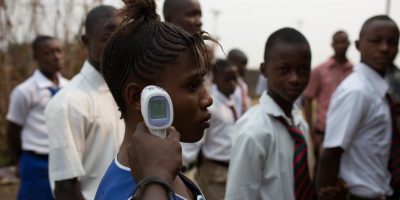
Research paper
IDSR as a platform for implementing IHR in African countries
Of the 46 countries in the World Health Organization (WHO) African region (AFRO), 43 are implementing Integrated Disease Surveillance and Response (IDSR) guidelines to improve their abilities to detect, confirm, and respond to high priority communicable and non-communicable diseases. IDSR…
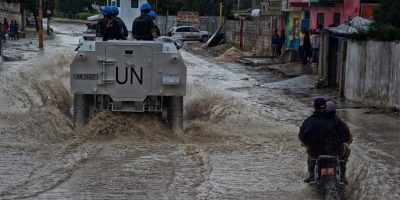
Evidence review
Natural Disasters, Armed Conflict, and Public Health
The effects of armed conflict and natural disasters on global public health are widespread. Much progress has been made in the technical quality, normative coherence, and efficiency of the health care response. But action after the fact remains insufficient. In…
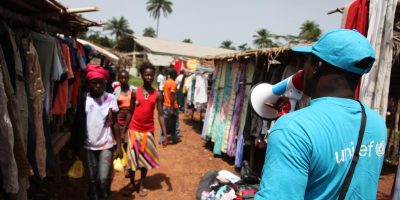
Evidence review
How Sure Are You? Judging Quality and Usability of Data Collected during Rapid Needs Assessments
The objective of this technical brief is to provide guidance on how you could assess the quality of information used as evidence for decision making during humanitarian needs assessments. It aims to assist analysts in understanding the distinction between sources…
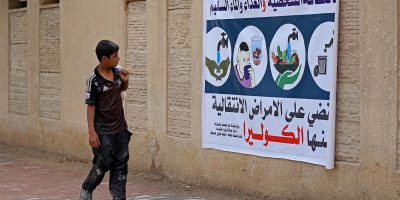
Briefing
Scenario Development
A scenario projects alternative ways in which a situation might evolve. It is a set of informed assumptions about a situation that may require humanitarian action. Building scenarios involves speculating about an uncertain future and envisaging different possible outcomes for…
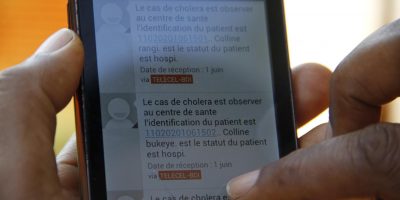
Evidence review
Call Detail Records: The Use of Mobile Phone Data to Track and Predict Population Displacement in Disasters
Information about the displacement of people after disasters is crucial in determining the scale and impact of the emergency, and is vital for conducting humanitarian needs assessment on the ground. Methods to forecast or detect such migration are however very…


